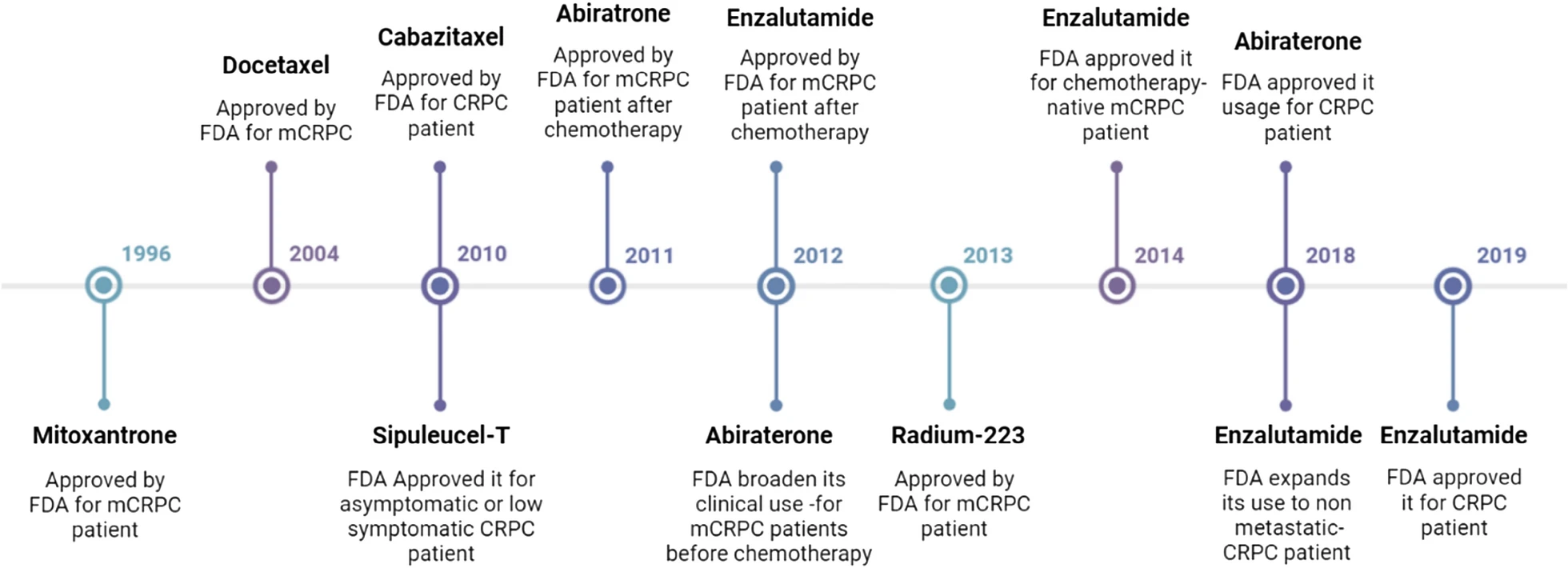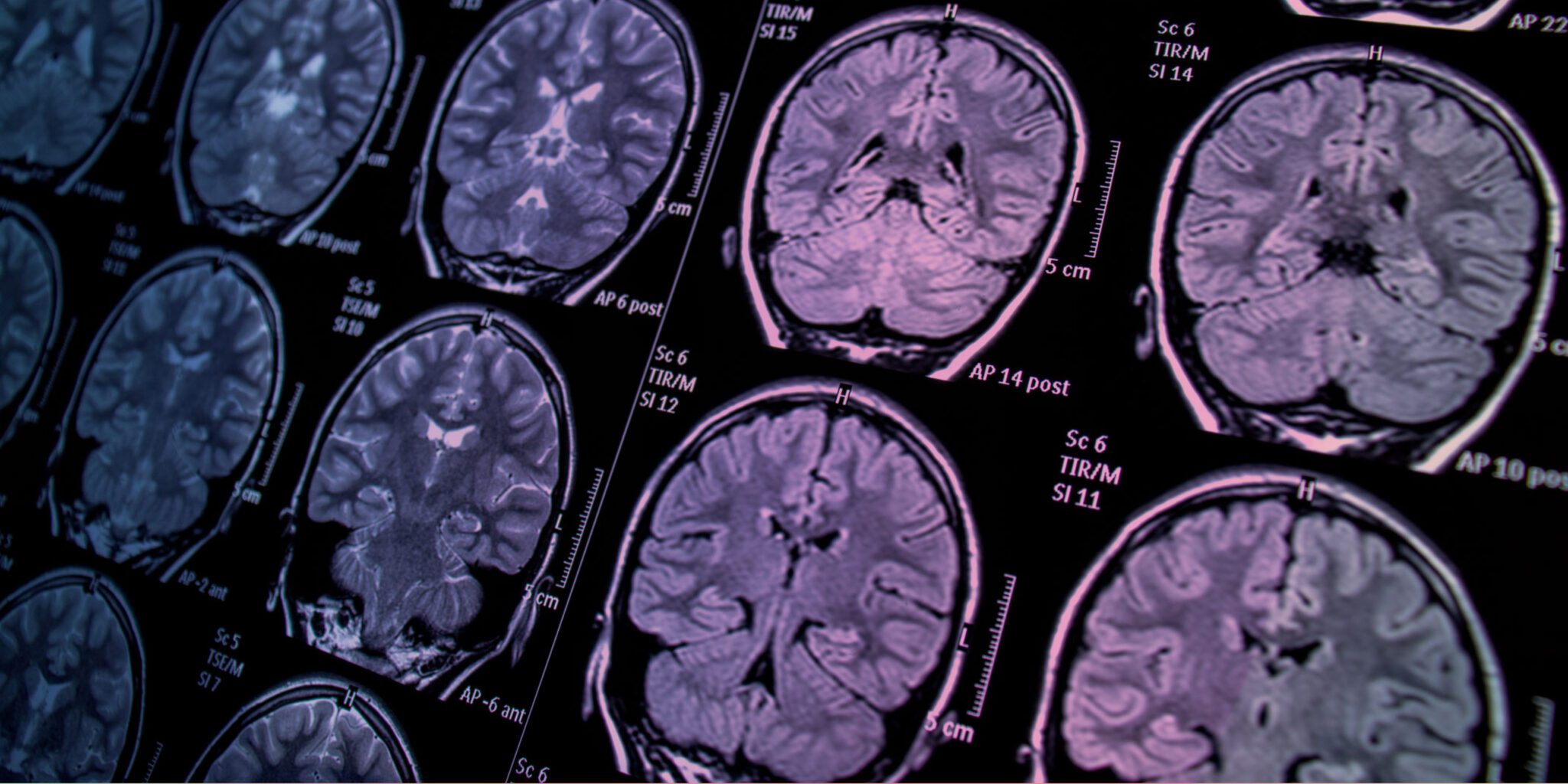Revolutionizing Rectal Cancer Care: How MRI Can Help Spare Patients from Invasive Surgery
Recent research from the UVA Cancer Center reveals an exciting new way that magnetic resonance imaging (MRI) can help many patients with rectal cancer avoid invasive surgery and the lifelong side effects that can come with it. The study, led by Dr. Arun Krishnaraj, MD, MPH, and his team, demonstrates that MRI can be used to predict how likely a patient’s cancer is to recur or spread after undergoing chemotherapy and radiation. This could dramatically change the way doctors approach treatment decisions and offer a new option for patients looking to avoid surgery.
The Potential of MRI in Rectal Cancer Treatment
For patients with rectal cancer, the standard treatment usually involves a combination of chemotherapy and radiation, followed by surgery in many cases. One of the most common procedures, total mesorectal excision, involves the removal of a significant portion of the bowel. While this surgery is lifesaving, it can come with severe side effects, including the need for a permanent colostomy bag and potential sexual dysfunction. As a result, many patients understandably want to avoid surgery if possible.
That’s where the new MRI research comes in. Dr. Krishnaraj and his collaborators have shown that MRI scans, when used after chemotherapy and radiation, can provide critical insights into whether any cancer remains, and if so, how likely it is to recur or spread. This valuable information can help doctors and patients determine if surgery is necessary or if they can opt for a “watch-and-wait” approach — a strategy where doctors closely monitor the patient for any signs of cancer returning without immediately resorting to surgery.
The Watch-and-Wait Approach: A Game Changer?
The “watch-and-wait” strategy has been an option for some patients, but it can come with a lot of uncertainty and anxiety. Without clear predictions, patients might worry that their cancer could come back, leaving them in a state of constant concern. MRI, however, provides more concrete information about the likelihood of recurrence, offering both doctors and patients a clearer picture of the path ahead.
Dr. Krishnaraj explains, “After undergoing chemotherapy and radiation, patients understandably wonder if their cancer is gone, or if there’s any disease left. With the help of newer MRI techniques, we can now predict much more accurately whether cancer remains, and if so, whether it will come back or spread.”
How the Research Was Done
To validate the effectiveness of MRI in predicting patient outcomes, the team analyzed data from the Organ Preservation in Rectal Adenocarcinoma (OPRA) trial. This trial looked at the results of 277 patients with rectal cancer, all of whom had their cancer stage determined by MRI. The research team followed these patients for an average of over four years to monitor their survival rates, cancer recurrence, and the ability to retain bowel function.
The results were promising: MRI proved to be a reliable tool in predicting not just survival, but also the risk of cancer returning, and the likelihood that a patient would be able to keep their bowel intact, without needing surgery.
Combining MRI with Other Tools
While MRI alone is already a powerful tool, the researchers suggest that its effectiveness could be further enhanced when combined with data from endoscopies (visual inspections inside the body), which are sometimes done after treatment to check for any remaining cancer. The combination of MRI and endoscopy could offer a more comprehensive view of a patient’s condition, allowing for even more precise predictions.
“I am optimistic that continued advancements in MRI and other tools like endoscopy will provide better information about future outcomes,” says Dr. Krishnaraj. “Our goal is to get as close as possible to a 99% predictive probability for patients, helping them understand their risks for recurrence or cancer spread after treatment.”
Looking Ahead: The Future of Cancer Care
The findings of this study represent a significant step forward in rectal cancer treatment. By better predicting patient outcomes, MRI could help doctors make more informed decisions about whether surgery is needed or if a less invasive approach like watch-and-wait is a viable option. This not only spares patients from the physical and emotional toll of surgery, but it also offers hope for a future where cancer care is more personalized and less invasive.
As Dr. Krishnaraj and his team continue to refine these techniques, there is real optimism that the integration of advanced MRI and endoscopy will provide doctors with even better tools for predicting the best course of treatment for their patients.
The research was conducted at UVA Cancer Center, one of just 57 cancer centers in the United States designated as “comprehensive” by the National Cancer Institute, recognizing the center’s excellence in both patient care and groundbreaking research.
Conclusion
In the fight against rectal cancer, MRI is proving to be a powerful ally. For many patients, it may hold the key to avoiding surgery, offering hope for a future where cancer treatment is more effective and less invasive. As research continues, this non-invasive tool could ultimately transform the way we approach cancer care, improving survival rates and quality of life for countless patients.
Reference : MRI can save rectal cancer patients from surgery





















